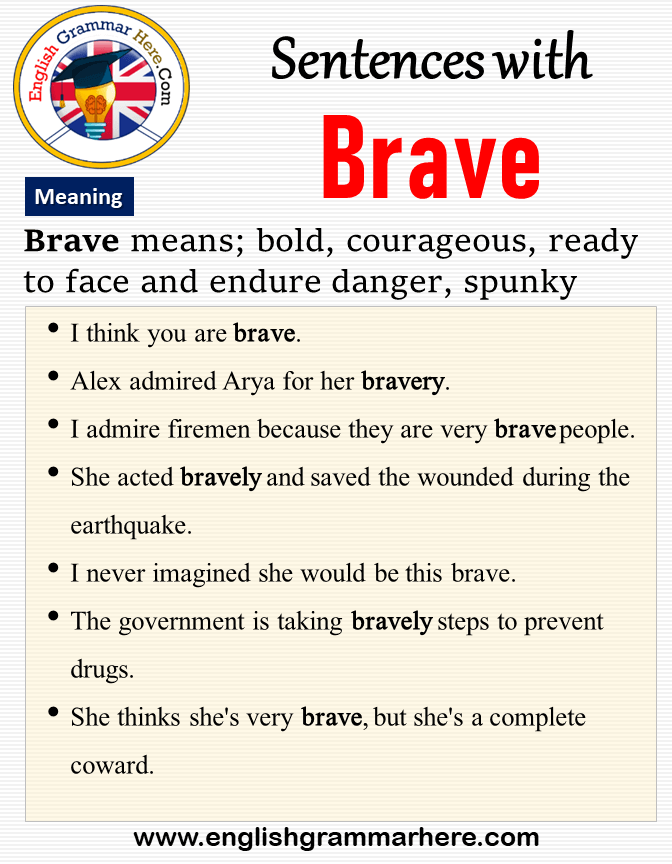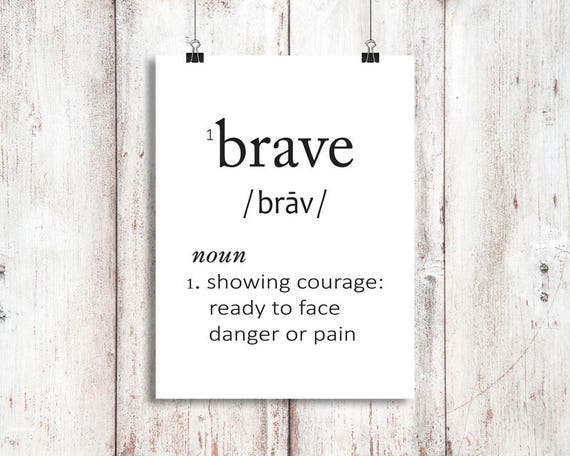
If we can take time to listen to our inner critic without attachment-without the need to ignore or accept what it is saying-we’re in a better position to learn from it. Instead, we need to reframe the voice as a part of ourselves that’s trying to get our attention, and to learn to listen. While these strategies can give us temporary relief, they don’t actually make the critic go away. Or, if we are aware of it, we try strategies to quiet or get rid of it-like ignoring the critic entirely, placating it by trying to do things perfectly (so there won’t be anything for the critic to focus on), or attacking it directly by saying to ourselves, “I’m not going to listen to you-shut up and leave me alone!” Often, we’re not even aware of that voice. Many of us who are stuck in fear have an inner critic, constantly feeding us misinformation about our abilities and telling us we are doomed to fail. Just increasing your enjoyment and acceptance of your body can help you listen to it when it’s telling you something’s wrong. If mindfulness practices don’t cut it for you, you can also try dancing, running, yoga, stretching, hiking, or even sex. That leaves us freer to better identify the source of the fear and pursue the things we want in life.įeeling tense? Feel your body relax as you try this practice. In this way, we can access our fear without rejecting it or being pulled into an old fear routine. Using focused breathing or body scans-both practices associated with mindful meditation-can help us tune into our body’s sensations without trying to change them or judge them. Once our bodies head into fear mode, we need a way to recognize the signs and work with what the feelings are telling us. Access the bodyįear shows up in the body, often as sweaty palms, a sick-feeling stomach, or a vague sense of discomfort. Drawing from research on habit formation and stress reduction-and my own work with clients facing fear-I have discovered four useful strategies for dealing with fear and moving closer to courage.

How do you manage fear differently? You can understand that it’s part of the human condition and aim to work with it rather than against it. So, if you ditch the plan to go after that dream and instead choose what’s known and therefore safe, you’ll be “rewarded” as the brain relaxes. Your brain likes predictability, and it’s primed to “reward” you for choosing familiar responses and routines. That means we rely on solutions that have provided short-term stress relief in the past-like procrastinating in response to feelings of self-doubt, or putting perfectionism into overdrive (which eventually ends up sabotaging us through burnout). For many people, fear-based responses are the natural, habitual response to adversity, because our brains tend to seek the fastest, most efficient way to relieve stress when we feel it. But habits also consist of our behavioral responses to different emotions.

Usually, we think of habits as actions, like brushing your teeth or exercising.

In other words, courage can become a habit. Though courage is often thought of as an inborn character trait, it’s actually a way of being and a practice that can be learned for coping with difficulty.

Show love and respect to others this month


 0 kommentar(er)
0 kommentar(er)
